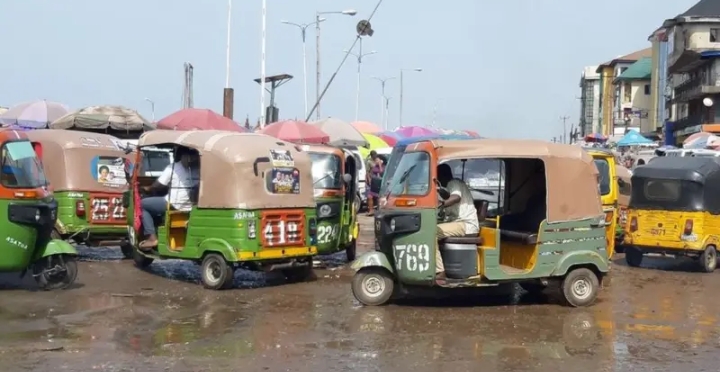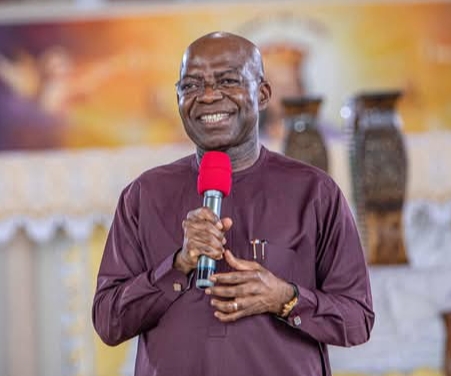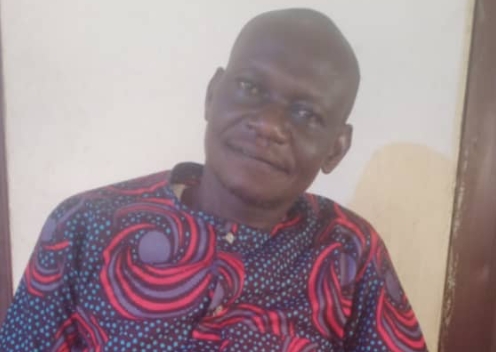When the former administration of Chief Olusegun Obasanjo introduced tricycle operation as a poverty alleviation program to address urban transportation problems, little did anyone anticipate that it would become a major means of transportation in Nigeria in such a short time.
However, with the subsequent removal of the fuel subsidy and the growing inability of car owners to use their vehicles due to the high cost of fuel, the Keke commuter transport system has become the preferred option for movement. Traders, school children, workers and other members of society now find it cheaper to adopt the system as a steady means of transportation.
Before the removal of the fuel subsidy, there had been constant demand for improved intra-city transport services to meet the needs of an ever-growing urban population.
One could also recall that immediately after the Civil War, a similar commuter transport system called “Oke Bekee” was introduced. Unfortunately, it operated for only a short period before the era of mini-buses and coaster buses for longer journeys, especially for inter-city services. This was followed by the era of motorcycle passenger transport, known as “Okada,” which came with a high toll of accidents, leaving many victims either dead or with amputated limbs.
It is even remembered that a particular hospital ward at the Federal Medical Centre Umuahia was nicknamed “Okada Ward” due to the many orthopedic cases resulting from motorcycle accidents.
Another undesirable consequence of the Okada transportation system, especially in the cities, was the increase in robbery and bag-snatching incidents associated with the system, as well as the overwhelming presence of motorcycles and their riders at traffic hold-ups in urban areas.
This led many governments to ban the use of motorcycles as a means of commuter transportation in the cities. However, with the steady decline of mini-buses and taxis, the introduction of the Keke tricycle commuter service has become more expedient, popular, and desirable. It seems likely to remain a significant part of the transportation system in the future.
This has, of course, increased the demand for this preferred commuter transport system, extending beyond intra-city routes to include inter-city movement of goods, people, and services between urban and rural areas.
In addition, many micro-economic undertakings now heavily rely on the Keke transport system. Many even prefer to hire or charter the services of a Keke for specific purposes.

The Keke system also serves as a steady source of empowerment and employment, providing many people with a livelihood.
For this reason, the government should, as a matter of urgency, develop a more sustainable system to organize the growing number of Keke commuter services into a well-coordinated transportation outfit. This would help bridge the gaps created by the absence of alternative and reliable intra-city transport systems, especially in urban areas where such services are most needed.
It is worth commending the Abia State Governor, Dr. Alex Otti, for inaugurating the Abia State Tricycle Operators Union (ASTOPU) as the sole body to oversee the activities and operations of Keke operators in the state.
Among other responsibilities, the union should ensure that members are educated on traffic rules and respect for other road users, particularly during this festive period.





